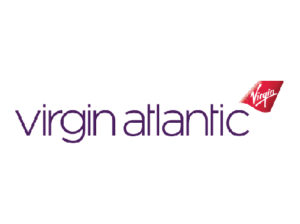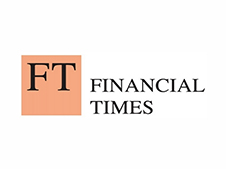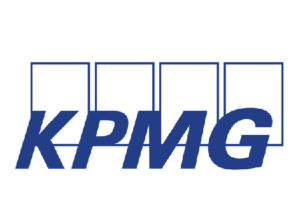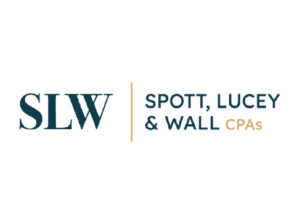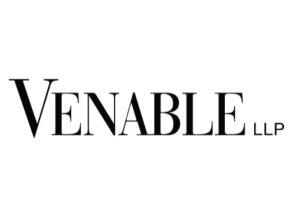Our 27th Annual Economic Luncheon welcomed more than 115 guests to The City Club of San Francisco. Our expert panel included: Ivan Assensio (HSBC), Colin Brown (Venturexcel) and Sean Randolph (Bay Area Council Economic Institute) and was moderated by Hannah Kuchler (The Financial Times). The event provided attendees with an insight into the global and regional economy as well as the speakers’ thoughts on what may await in 2017. Special thanks to our sponsors: Squire Patton Boggs, MacKenzie Communications, HSBC and 20/20 Productions.
Hannah opened the discussion asking the panelists for their thoughts on the global and Bay Area economy, she then focused on Donald Trump and opened the floor for Q&A.
Ivan expressed that what happening now is a cocktail of fiscal expansion – tax cuts, looser regulations and inflation – and that it is important to realize that this is not necessarily a result of Donald Trump, or any other administration, but rather of seven years of monetary policy. It could be argued that a number of the monetary policies implemented did not have the impact we wanted them to. Ivan noted the US economy experienced very little inflation and little economic growth. He expressed our current economic climate is more about monetary policy passing the baton to fiscal policy and fiscal expansion, and that fiscal expansion sounds great but is not without shortcomings, which aids the feelings of uncertainty in 2017.
Sean noted that the California economy is doing very well, with unemployment down to 5.2% – meaning we are at more than technical full employment. Sean predicted that unemployment is likely to stay low in 2017. Regarding real estate, large companies are still buying blocks of thousands of square feet at a time; and as the tech economy cools off, the drive for office development remains. A significant component affecting real estate is the Chinese economy, which may cool off as the Chinese government implements capital controls. Sean noted that housing is still a large issue locally, despite residential rents decreasing in 2016 as supply increased. Five thousand new units are to come on the market in San Francisco in the upcoming year which may bring prices down further, however, they still remain extraordinarily expensive in relation to elsewhere in the United States. It was expressed that companies are finding it difficult to employ people who want to move to the Bay Area (discouraged by high rent and living costs), and finding it difficult to support them when they do.
Despite these concerns, Sean predicted that we can look forward to a good, strong and robust economy, and that the big issues lie on the Federal side. Not to say that there will be a lack of fiscal stimulants: tax reform could have a positive effect, particularly if the corporate tax rate is lowered; regulatory easing may also have a stimulating effect. However, potential downsides may be: trade opportunities could be compromised; federal spending on scientific research and funding for clean technology could be cut. Issues with immigration are also a concern: Sean noted there is a shortage of workers which may not improve. He also predicted that the visitor industry may take a hit for a couple of years, but we will see an increased capacity as a result of more accommodation being constructed. Sean referred to SFO as an encouraging benchmark as he noted the number of visitors passing through went up by 6.1% in 2016.
Colin also agreed that fundamentals remain to be very good. Access to capital, cash, and resources does not appear to be an issue and that companies seem to be selling their products and services very well. Colin expressed that the Bay Area remains extremely attractive for businesses and residents alike, with several firms driving hard to give more companies’ ways to access inexpensive cyber security infrastructure. However, technology disruption may be a concern as a number of startups appear to be in a “frenzy” to take VC’s money as investors are becoming more discerning.
With a lively panel discussion and many questions from the audience, the 2017 BABC Annual Economic Lunch provided an enlightening and stimulating discussion in this time of great change and uncertainty.
Disclaimer: The opinions expressed were those of panelists, and not those of the BABC.
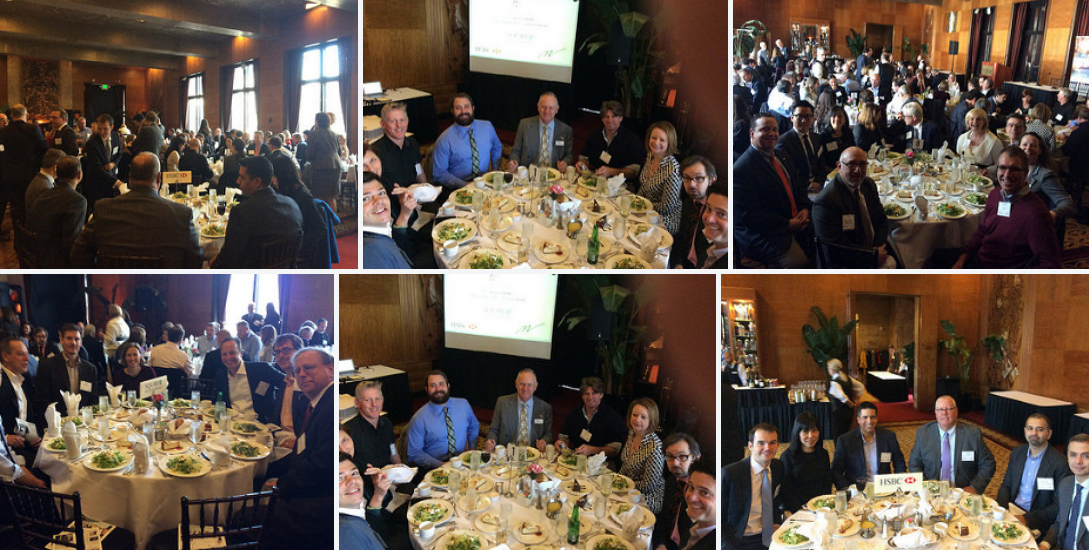
Click here to see more of the photos


